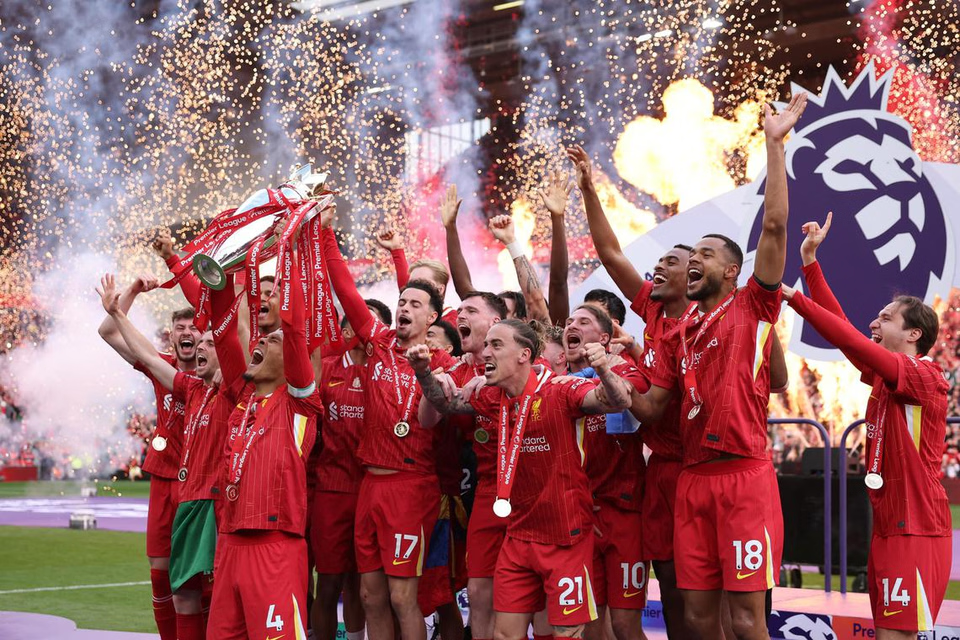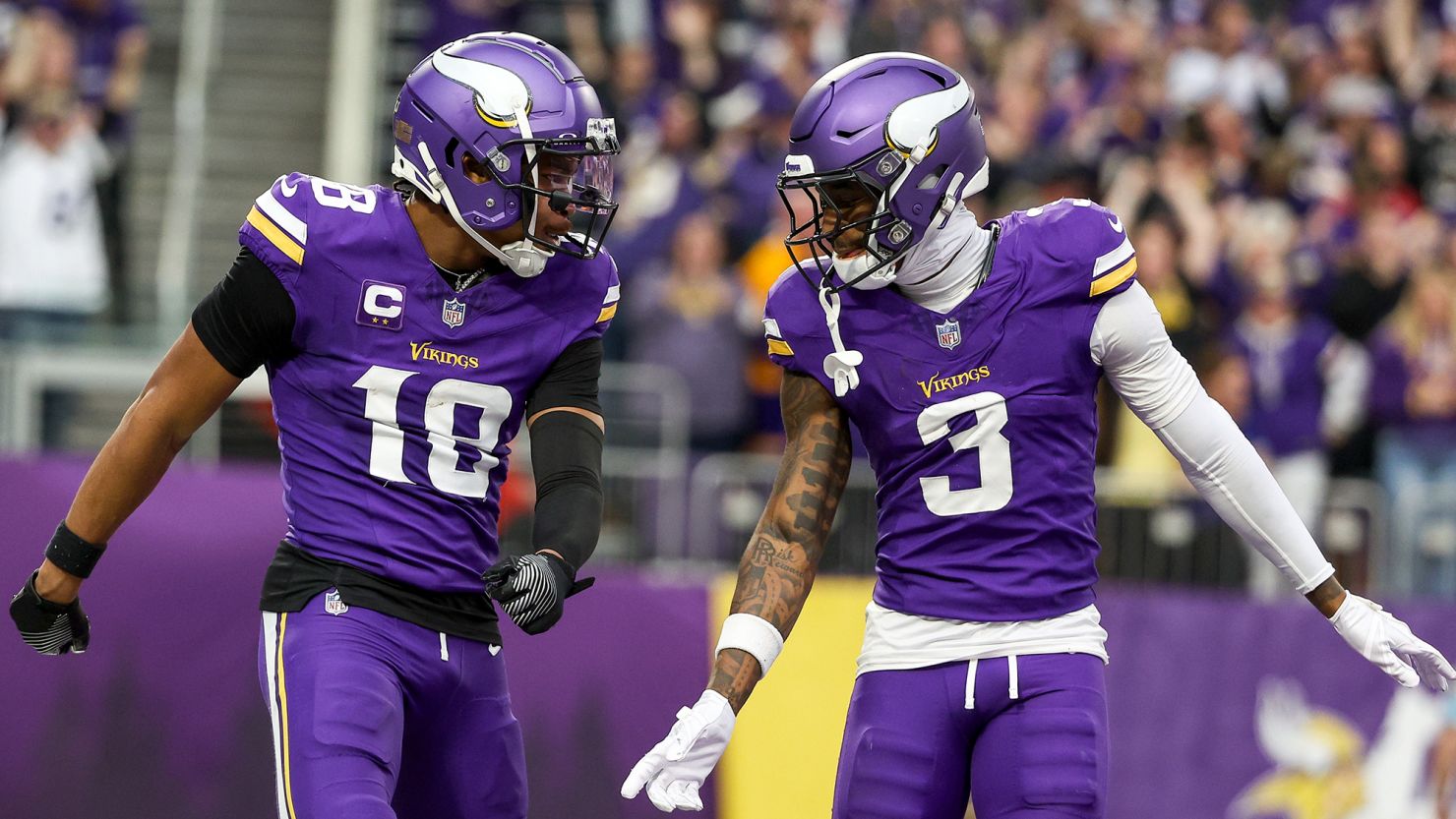As the Premier League season wraps up, the final whistle signals more than just the end of 38 games — it closes the chapter on a financial race that defines the future of football clubs more than most fans ever see. While fans debate top-four finishes and golden boots, behind the scenes, it’s the balance sheets that are telling a story of transformation, disruption, and opportunity.
The Prize Beyond Points: Why Final Positions Matter More Than Ever
This year, with Liverpool running away from the pack and the three promoted sides failing to stay afloat, much of the competitive drama may have been settled early. But one high-stakes battle remains: the race for Champions League qualification — and the revenue that comes with it.
Why? Because every step up or down the table could mean millions. Literally.
Take Aston Villa and Tottenham. On the final day, they stood to gain an additional £8.7 million just by finishing three spots higher. Conversely, Manchester City and Wolves risked losing a similar amount with a poor result.
But the real gamechanger isn’t just merit payments. It’s the multi-layered structure of Premier League distributions, which include:
- Facility Fees (based on how many games are broadcast live)
- International Broadcasting Revenue
- Central Commercial Pool
- Merit Payments (based on final league position)
This model ensures both top-tier stability and competitive volatility, creating a high-stakes financial system where even mid-table matches have outsized consequences.
Projections That Tell a Bigger Story
Let’s break it down with some headline projections for 2024-25:
- Liverpool: Projected to earn a record £181.5m — the most ever by a Premier League club.
- Arsenal: £6m behind Liverpool, cementing themselves as the league’s most consistent revenue performers behind City.
- Manchester City: Despite remaining elite, a slip to third means £171.5m — a slight year-on-year dip.
- Manchester United: The biggest financial loser — a projected £19.5m drop.
- Tottenham: Expected to earn just £130.4m, down £34.2m from last season — their lowest Premier League return since 2016.
Then there’s Nottingham Forest — a financial fairy tale in the making. Their projected £157.5m haul is over five timeswhat they earned the year they were promoted from the Championship. A compelling example of how swift sporting growth can unlock exponential commercial upside.
International Broadcasting: The Real Growth Engine
The domestic broadcasting market has plateaued — the UK’s portion of the prize pot remains flat. But the international side is surging.
New deals in Japan, Mexico, and the Americas have increased global reach and revenues. International distributions are projected to rise 4% year-on-year, and with the 2025-26 global cycle, this could accelerate significantly.
Streaming platforms like Tubi stepping in after Fox’s payment defaults indicate two things:
- The fragility of legacy broadcast partnerships
- The inevitable rise of OTT (Over-the-top) platforms as key distribution players
For clubs, this means more exposure, more revenue, and more pressure to globalize their brands — or be left behind.
Why Clubs Must Treat Broadcast Strategy Like a Commercial Strategy
At first glance, broadcast income might seem like passive revenue — something that “just happens” if you’re in the league. But that mindset is outdated and dangerous.
Here’s the truth:
- More Live Matches = More Exposure = More Sponsorship Interest
- International Broadcast = Global Fanbase = Licensing and Merch Opportunities
- Visibility = Valuation — especially if clubs are seeking investors or buyers
Clubs must start engineering visibility: by investing in storylines, media-friendly football, compelling brand narratives, and strategic media partnerships.
Think of it this way: Every televised game is a free commercial. Are you treating it like one?
Turning Premier League Presence into Commercial Performance
At 365247 Conultancy, we help clubs turn broadcast presence into long-term commercial power through:
- Revenue Optimization Models: Mapping how merit payments, broadcast slots, and league finishes influence cash flow.
- Global Brand Activation: Aligning club narratives with international audience expectations.
- Investor Readiness Playbooks: Making your club financially attractive through visibility-driven growth.
- Stability-to-Scalability Frameworks: For clubs like Forest, Fulham, or Bournemouth — how to convert short-term earnings into long-term resilience.
Too many clubs chase prize money but fail to harness it. We help you do both.
Final Word: More Than a Game
In the modern Premier League, football is both a sport and a stock market. Performance drives value. Broadcast drives brand. And smart strategy converts both into business success.
🔗 Want to learn how your Sports Property can thrive in this evolving financial ecosystem?
Let’s talk. Book an introductory consultation call.
IMAGE – Getty Images


